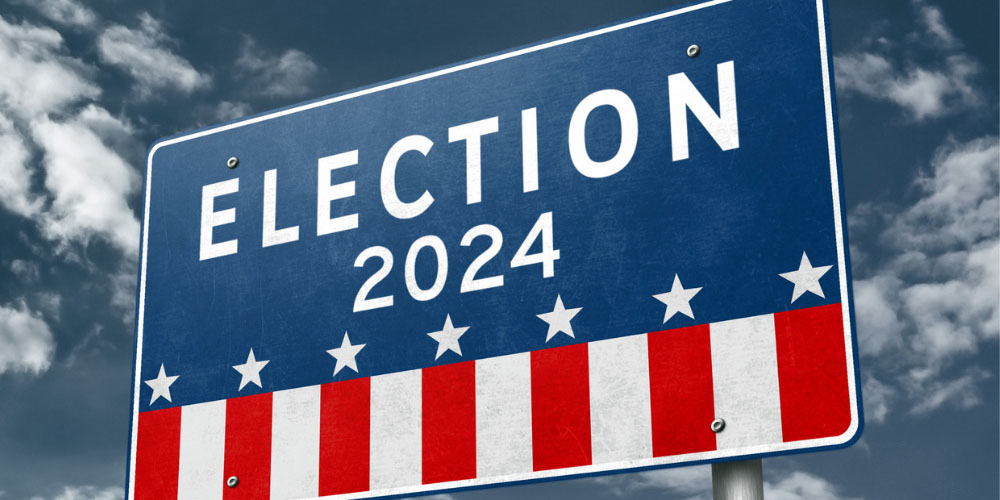The upcoming 2024 U.S. presidential election is poised to significantly influence global financial markets. As the world’s largest economy, the United States plays a pivotal role in shaping economic policies and market trends. Investors, analysts, and financial experts are closely monitoring the election outcomes, anticipating potential shifts in market dynamics.
The election results will likely affect various sectors differently. A victory for the Republican candidate, Donald Trump, could lead to a continuation of his previous administration’s policies, which were characterized by tax cuts and deregulation. These measures generally favor corporate profits and could boost stock market performance, particularly in sectors like energy, finance, and manufacturing. However, concerns about trade policies and geopolitical tensions might introduce volatility.
On the other hand, a win for the Democratic candidate, Kamala Harris, might bring a focus on social programs, climate change initiatives, and regulatory reforms. Such policies could impact industries differently, with renewable energy and technology sectors potentially benefiting from increased government support. However, higher corporate taxes and stricter regulations could pose challenges for traditional industries.
Market sentiment often reacts to the perceived stability and predictability of the incoming administration. Historically, markets prefer certainty, and any prolonged uncertainty or contested election results could lead to increased volatility. Investors might seek safe-haven assets like gold and government bonds during such periods.
Moreover, the Federal Reserve’s monetary policy will play a crucial role in shaping market reactions. The central bank’s stance on interest rates and inflation control will be influenced by the new administration’s fiscal policies. A more aggressive fiscal stimulus could lead to higher inflation expectations, prompting the Fed to adjust its monetary policy accordingly.
Additionally, international relations and trade policies will be under scrutiny. The new administration’s approach to global trade agreements and tariffs will have a direct impact on multinational corporations and global supply chains. A more protectionist stance could disrupt international trade, while a more open approach might foster global economic cooperation.
The Financial Experts Blog analysis highlights that investors should also consider the potential long-term impacts of the election. Policies related to infrastructure spending, healthcare reform, and education could shape the economic landscape for years to come. These factors will influence corporate earnings, consumer spending, and overall economic growth.
In conclusion, the 2024 U.S. presidential election will undoubtedly have a profound impact on financial markets. Investors should stay informed and be prepared for potential market fluctuations as the election approaches. Diversifying portfolios and staying updated with the latest economic indicators will be essential strategies for navigating the post-election financial landscape. The Financial Experts Blog will continue to provide in-depth analysis and insights to help investors make informed decisions during this critical period.
